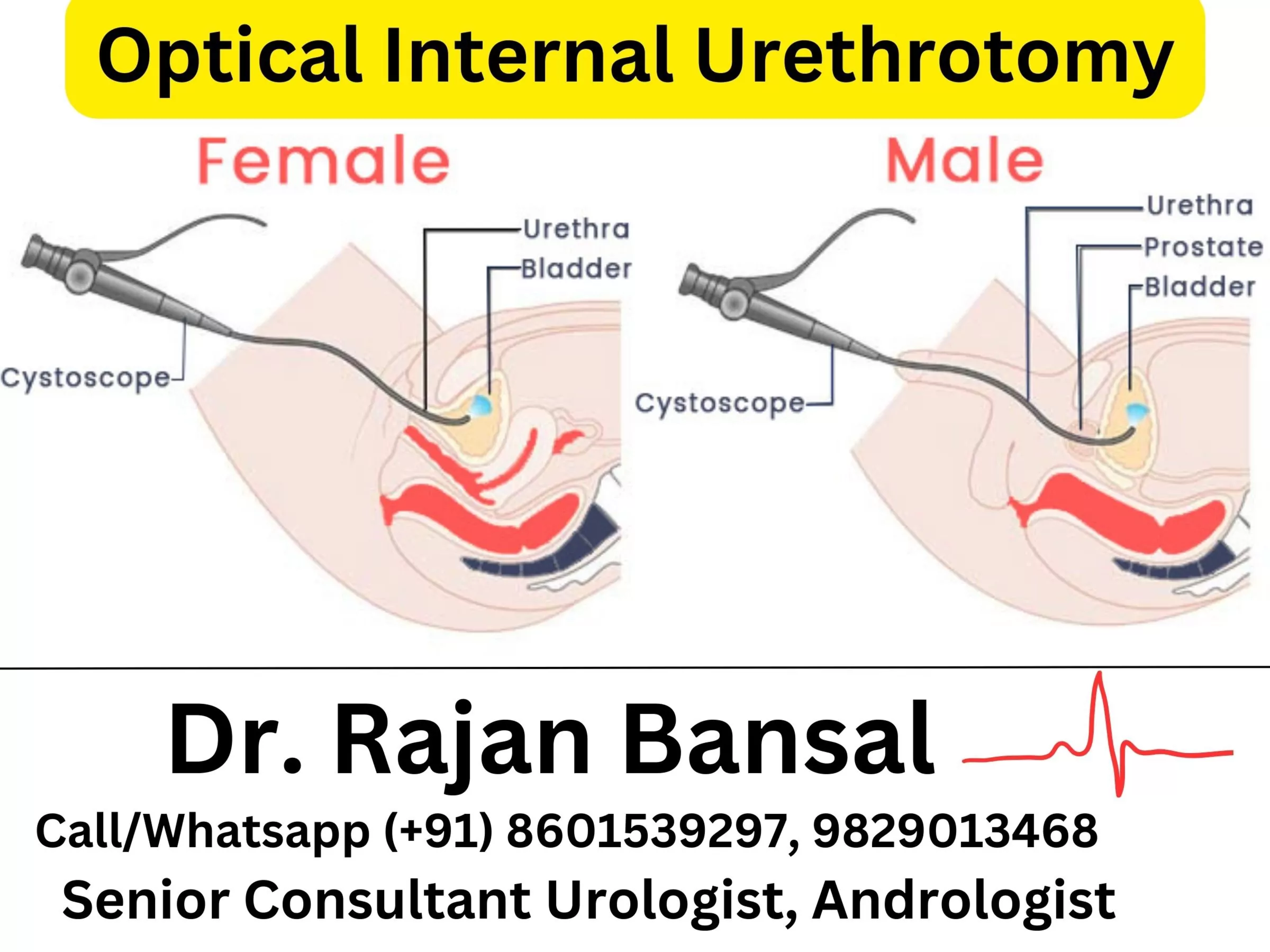Vesicoureteral Reflux (VUR): Causes, Symptoms, Diagnosis, and Treatment: In the realm of pediatric urology, certain conditions require attention due to their impact on a child’s health and well-being. Vesicoureteral reflux (VUR) is one such condition, which can lead to urinary tract infections and potentially affect kidney function. In this comprehensive guide, we will delve into the causes, symptoms, diagnosis, and treatment options for vesicoureteral reflux.

What is Vesicoureteral Reflux (VUR)?
Vesicoureteral reflux (VUR) is a condition in which urine flows backward from the bladder into the ureters and potentially reaches the kidneys. In a healthy urinary system, a valve-like mechanism prevents urine from moving in the wrong direction. However, in cases of VUR, this mechanism is compromised, leading to the risk of urinary tract infections (UTIs) and kidney damage.
Causes of Vesicoureteral Reflux
The underlying causes of VUR can be attributed to developmental factors within the urinary tract:
Congenital Defects: Some children are born with abnormalities in the ureterovesical junction, the point where the ureters connect to the bladder. These defects can prevent the valve mechanism from functioning properly.
Genetic Predisposition: VUR has been observed to run in families, indicating a genetic component to its development.
Bladder Dysfunction: In some cases, VUR can result from dysfunctional bladder contractions that force urine back up the ureters.
Symptoms of Vesicoureteral Reflux
VUR might not always present noticeable symptoms, making its diagnosis challenging. However, certain signs should prompt further evaluation:
Urinary Tract Infections (UTIs): Frequent or recurrent UTIs, particularly in young children, can be indicative of VUR.
Fever: Unexplained fevers, often associated with UTIs, could signal VUR, especially when accompanied by other symptoms.
Abdominal or Back Pain: Some children may experience pain in the lower abdomen or back, which could be related to kidney involvement.
Diagnosis of Vesicoureteral Reflux
Early diagnosis of VUR is crucial to prevent potential kidney damage. Diagnostic procedures include:
Voiding Cystourethrogram (VCUG): This X-ray procedure involves injecting a contrast dye into the bladder and monitoring its flow during urination. It helps visualize any backward flow of urine. Also it detects any urethral obstruction in children (like PU valves and urethral stenosis in females) which causes the VUR.
Renal Ultrasound: An ultrasound of the kidneys and bladder can help identify abnormalities and evaluate kidney health.
Nuclear Scan: A nuclear medicine scan, known as a dimercaptosuccinic acid (DMSA) scan, can provide insights into kidney function and any damage caused by VUR.
Treatment Options for Vesicoureteral Reflux
The treatment approach for VUR depends on the severity of the condition and the potential for kidney damage:
Watchful Waiting: In mild cases of VUR (Grade I to III) especially when the risk of kidney damage is low, a watchful waiting approach might be recommended. Regular monitoring and preventive measures can be effective.
Medication: Antibiotics are often prescribed to prevent UTIs and minimize the risk of kidney infection. However, medication does not correct the underlying VUR but rather manages its consequences.
Surgical Intervention: For severe cases of VUR (Grade IV to V) or when conservative measures are insufficient, surgery may be required to repair the valve mechanism and prevent urine reflux.
Endoscopic Treatment: Minimally invasive procedures, such as injecting a substance (deflux) around the ureterovesical junction, can create a more effective valve-like mechanism.
Long-Term Outlook and Prevention
With appropriate management and timely intervention, most children with VUR can lead healthy lives without complications. As child grows most of the early VURs (Grade I to III) may set spontaneously. VUR as such doesn’t damage the kidney but if associated urinary infection is present, that damages the kidney.
Hygiene and Fluid Intake: Encouraging good hygiene practices and maintaining adequate fluid intake can minimize the risk of UTIs. Doing a circumcision in male child often results in significant reduction in UTIs.
Prompt Treatment of Infections: Treating UTIs promptly and effectively can help prevent the spread of infection to the kidneys.
Regular Follow-ups: Children diagnosed with VUR require regular check-ups to monitor kidney health and address any concerns.
Vesicoureteral reflux Treatment in Rajasthan – Institute of Urology, Jaipur
Vesicoureteral reflux is a condition that requires attention, particularly in the pediatric population. Understanding its causes, recognizing potential symptoms, and seeking early diagnosis and treatment are vital for preserving kidney health and preventing complications. With advancements in medical care, children diagnosed with VUR can receive the appropriate interventions to lead fulfilling lives with a reduced risk of kidney damage and related issues. As parents and caregivers, staying informed and proactive is key to ensuring the well-being of the young ones affected by this condition.
If your child is dealing with Vesicoureteral reflux, do not be skeptical about it and come and see us today. You can book an appointment for visit to the hospital at 9829013468 beforehand so that we can attend to you without any wait time. Online video consultation is available with prior consultation. You can discuss your query with Dr. Rajan Bansal ( 8601539297 ) or Dr. M. Roychowdhury ( 9929513468 ). At Institute of Urology, Jaipur, we ensure complete confidentiality and priority care.







